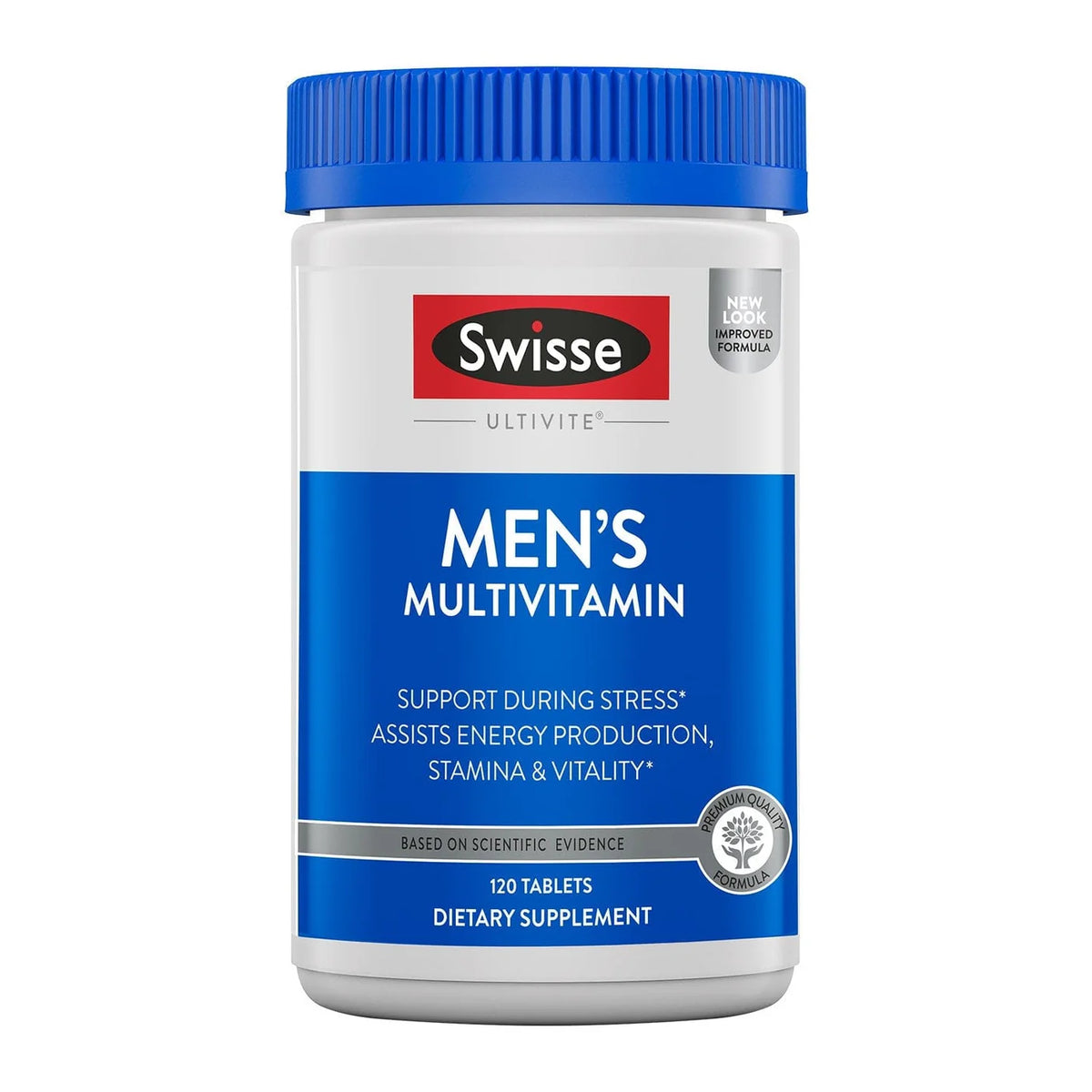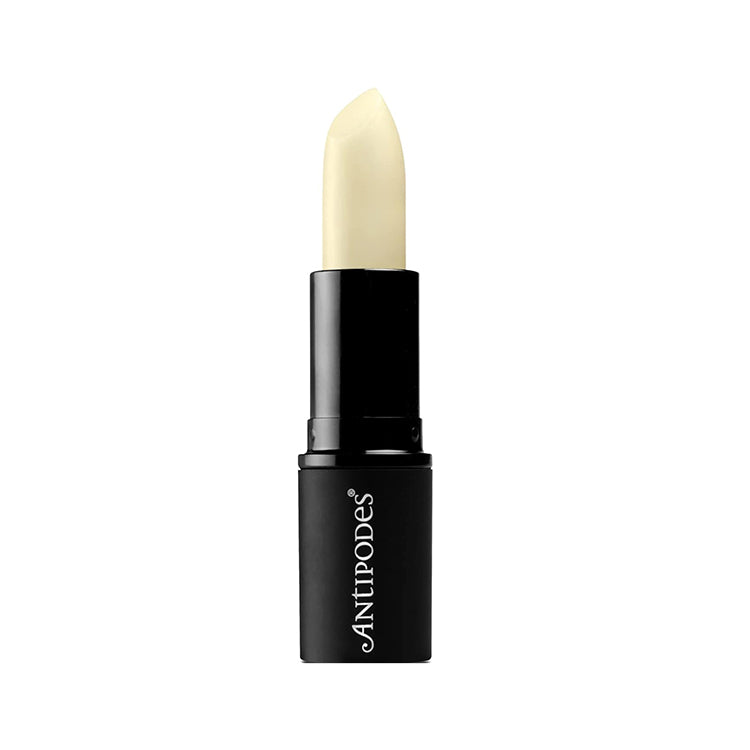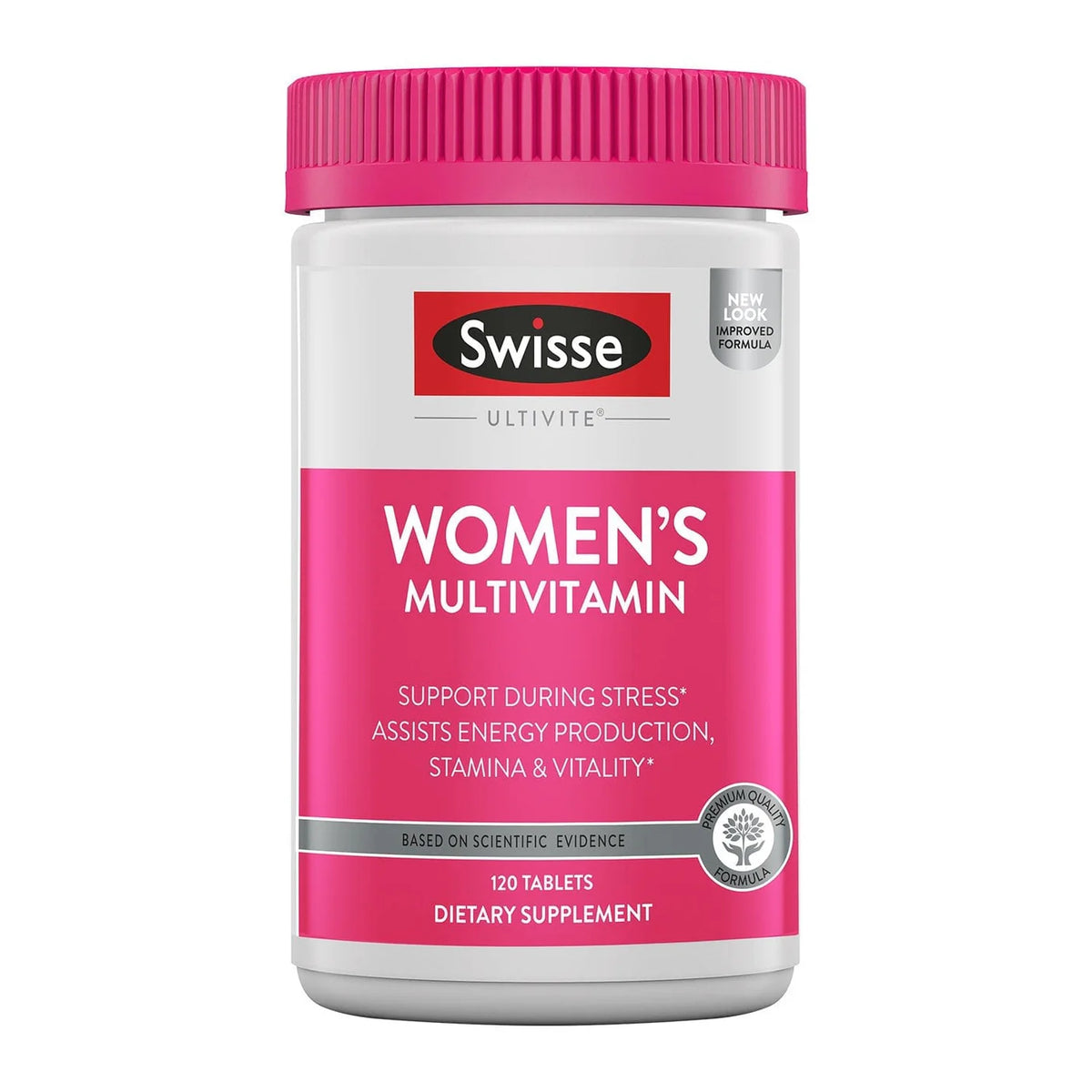Frequently asked questions
Where are Antipodes products made?
Antipodes skincare products are proudly manufactured in New Zealand. The brand sources ingredients locally wherever possible, ensuring purity and sustainability. Packaging—including infinitely recyclable glass jars, aluminium tubes, and cardboard—is also sourced from local partners to maintain traceability throughout the supply chain. Additionally, vanity skincare items produced for hotel use by Vanity Group Australia are formulated to meet the specific stability and performance standards required for hospitality settings. The natural-origin mineral SPF products are manufactured in Australia.
Are Antipodes products suitable for all skin types?
Antipodes formulations are designed to be compatible with all skin types. Instead of focusing on skin type (such as normal, dry, oily, sensitive, or combination), the emphasis is on targeting specific skin concerns—like fine lines, pigmentation, dullness, dehydration, acne, eczema, or rosacea—which can arise regardless of underlying skin type. By addressing concerns rather than skin type, users can tailor their regimen to their current needs. Antipodes also offers a “Regime Builder” that helps users identify the ideal product ritual by answering just three simple questions.
Should I patch test Antipodes products?
Regardless of your skin type or skin concerns, we always recommend patch testing products prior to use so you can make sure your Antipodes product is suitable for your skin.
All Antipodes products contain information on the package concerning product usage. Please refer to this prior to usage.
Are Antipodes products suitable for all ages?
Yes, Antipodes products can be enjoyed by all ages.
What does Antipodes exclude from its formulations?
Antipodes products are completely free from parabens, sulfates, phthalates, silicon-derived ingredients, synthetic fillers, GM (genetically modified) ingredients, animal-derived ingredients (except byproducts like honey), artificial colours, artificial fragrances, chemical sunscreens, mineral oils, petrochemicals (such as propylene glycol), BHA (butylated hydroxyanisole), ethanolamines, and ethoxylated ingredients.






